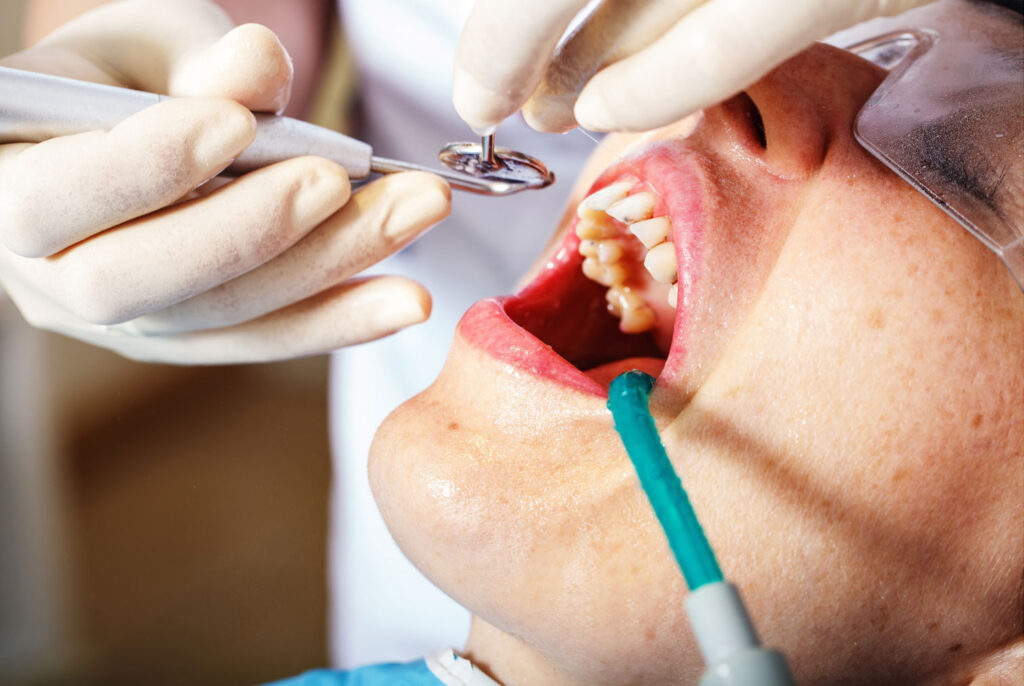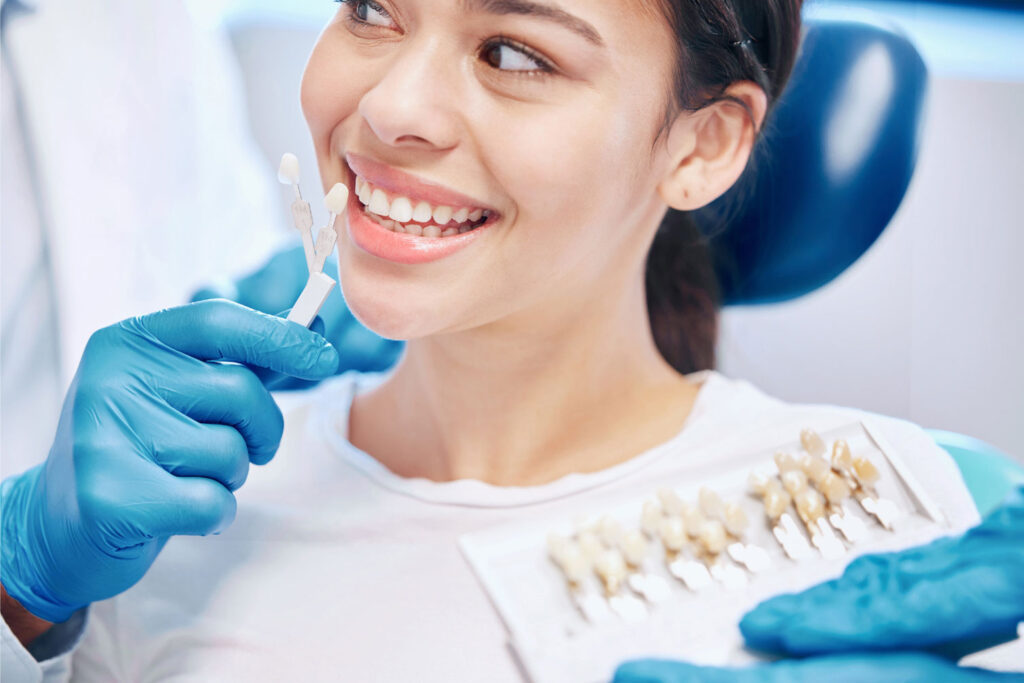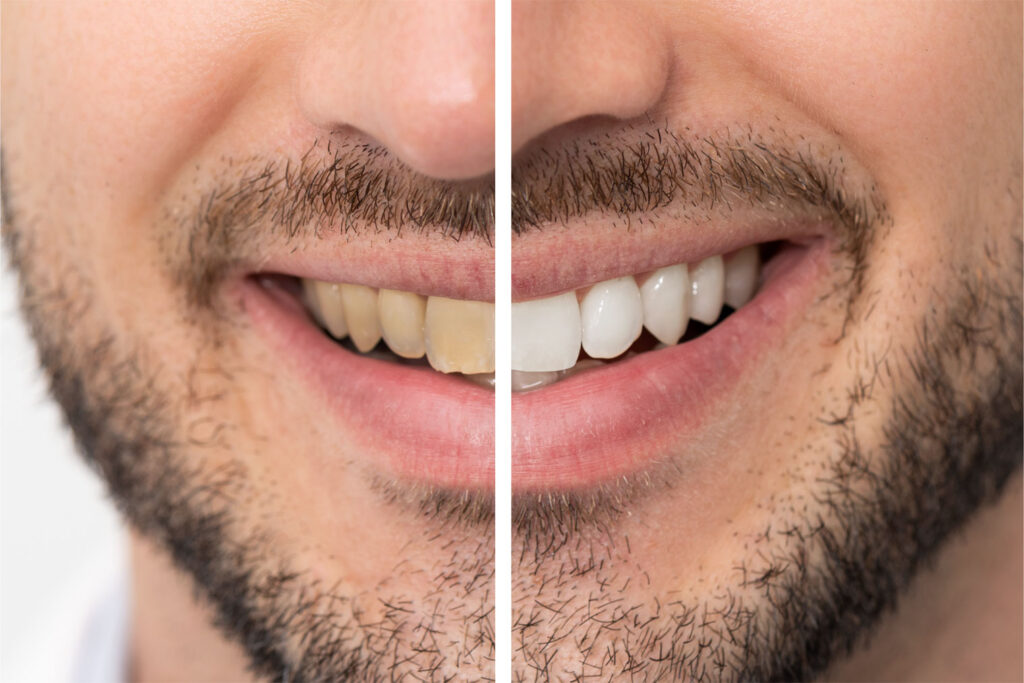So, let’s get straight to the point: does sparkling water affect tooth enamel? The short answer is, it can. While plain, unsweetened sparkling water is usually a much better choice than soda or juice, it’s still mildly acidic because carbonation creates carbonic acid. That’s why the real question isn’t only “is sparkling water bad for your teeth”—it’s how often, which type, and how you drink it.

Does Sparkling Water Affect Tooth Enamel? Here’s The Science 🧪
Here’s a look at what matters most:
Acidity (pH Levels) 📉
Sparkling water becomes slightly acidic when carbon dioxide dissolves in water and forms carbonic acid. Over time, frequent acid exposure can contribute to enamel softening and erosion—especially if it’s a “sip-all-day” habit.
How Carbonation Interacts With Enamel 🫧
The bubbles aren’t the problem by themselves; however, they signal an acidic drink. If your teeth don’t get breaks between exposures, enamel has less time to recover.
Flavorings Can Make It Worse 🍋
Many flavored sparkling waters are more acidic than plain versions, and some include added acids (like citric acid), which can raise erosion risk.
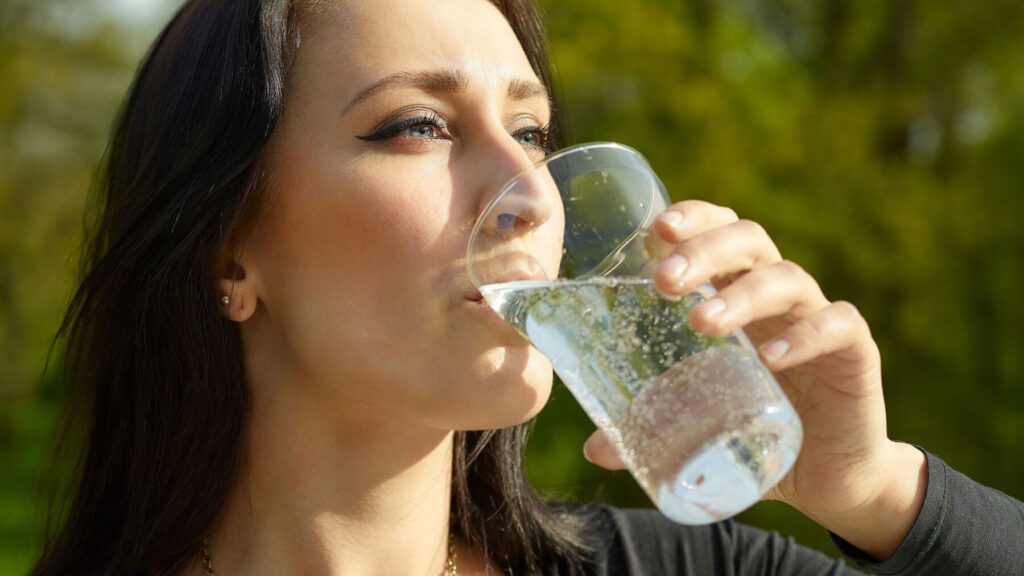
Is Sparkling Water Less Harmful Than Soda Or Juice? Yes—With Caveats ✅
If you’re comparing drinks, plain sparkling water is generally gentler than soda or many juices because it typically has no sugar, so it doesn’t feed cavity-causing bacteria the same way.
That said, flavored sparkling water (especially citrus-forward) can be more erosive than people expect; therefore, “sugar-free” doesn’t automatically mean “enamel-friendly.”
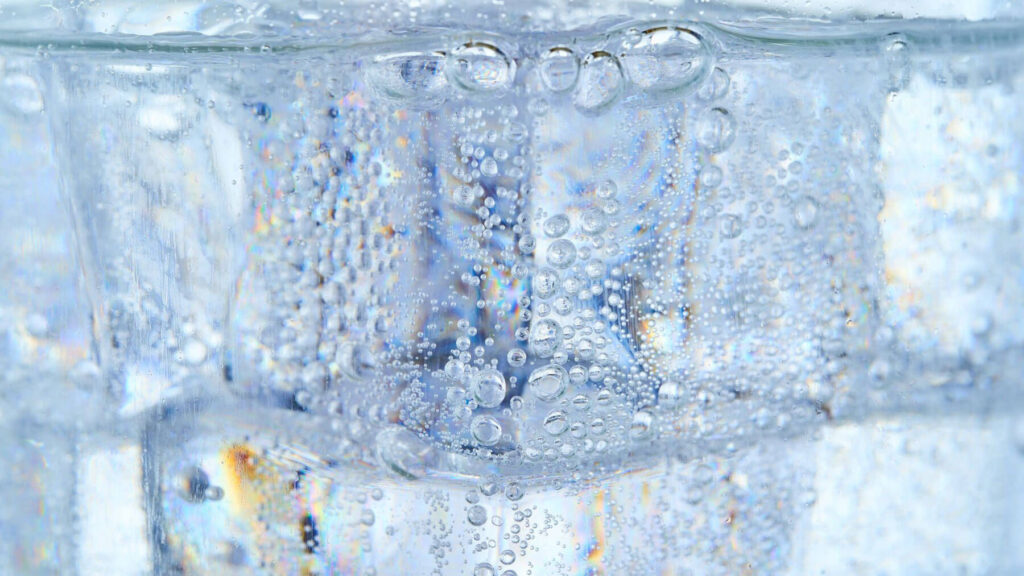
How Often Is It Safe To Drink Sparkling Water? Dentist-Friendly Habits 🗓️
Moderation and timing matter more than perfection. In other words, you can enjoy sparkling water and protect enamel if you do it strategically:
- Limit frequency (not just volume): Finish it, don’t nurse it for hours; therefore, you reduce repeated acid contact.
- Drink it with meals: Saliva increases during meals, which helps buffer acids.
- Rinse with plain water after: A quick swish helps clear acids sooner.
- Wait to brush: Acid can temporarily soften enamel; however, brushing too soon may increase wear—wait about an hour when possible.

Can Sparkling Water Be Made Safer For Your Teeth? Yes ✅
Small changes can make sparkling water much gentler on your enamel:
- Choose plain/unsweetened more often (save flavored options for “sometimes”).
- Use a straw occasionally (especially if you sip slowly).
- Don’t add lemon/lime—it stacks extra acid on top of carbonation.

Which Types Of Sparkling Water Are Most Harmful? 🚨
Not all fizz is equal. The biggest “watch-outs” are:
- Citrus-flavored sparkling waters (often more acidic).
- Sparkling “juice” drinks (acid + natural sugars = more risk).
- Anything with added acids in the ingredient list (citric, phosphoric, malic).
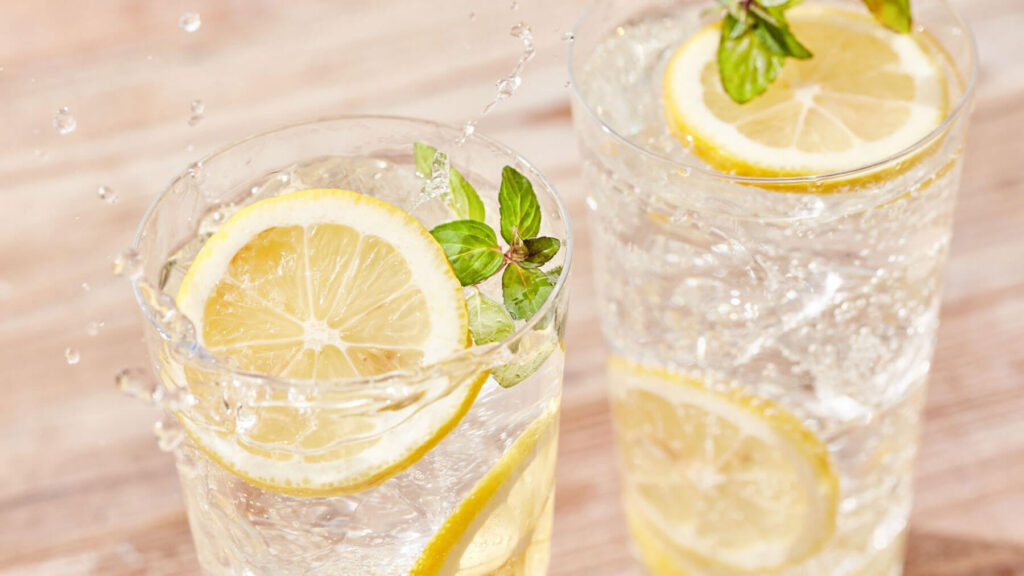
How Can You Tell If Sparkling Water Is Damaging Your Teeth? 🔎
Signs your enamel may be under stress include:
- New or increasing sensitivity, especially to cold
- More translucent edges on front teeth
- Teeth looking more yellow/dull (enamel thinning can reveal dentin)
- Chipping or rough edges that weren’t there before
Seeing these patterns is a good reason to book an exam—because enamel wear is much easier to slow early than to repair later.

For daily sparkling water drinkers noticing sensitivity or dull-looking enamel, schedule an exam at Smiles For Health DDS in Carlsbad—so we can spot early erosion and build a prevention plan that fits your routine.
Frequently Asked Questions
Is sparkling water bad for your teeth compared to still water?
It’s slightly more acidic; however, plain sparkling water is usually low-risk in moderation. Therefore, frequency matters most.
Sparkling Water Vs Soda: Which Is Worse For Your Teeth?
Sparkling water is typically safer because it lacks sugar; meanwhile, soda combines sugar + stronger acids. Therefore, soda is usually worse.
Can drinking sparkling water regularly lead to enamel erosion?
It can over time, especially with constant sipping; therefore, give your teeth breaks and rinse with water after.
Does flavored sparkling water pose more risk than plain?
Yes; in addition, flavor acids can increase erosion risk. Therefore, choose plain more often.
How can I protect my teeth if I drink sparkling water daily?
Drink it with meals and avoid sipping all day; meanwhile, rinse with plain water after. Therefore, enamel gets more recovery time.
Brushing After Sparkling Water: How Long Should I Wait?
Wait about an hour when possible; therefore, you’re not brushing softened enamel.
Should people with sensitive teeth avoid sparkling water entirely?
Not always; however, sensitivity can signal enamel wear. Therefore, limit acidic flavors and ask your dentist for personalized guidance.



